EU urges dialogue in cautious reaction to Catalonia crisis
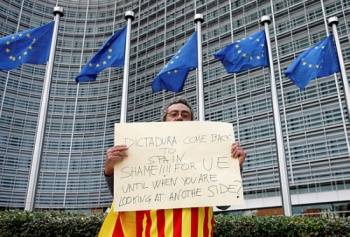
BRUSSELS (AFP) - The EU on Monday called for dialogue to solve the crisis over Catalonia's banned independence referendum and for an end to violence in a cautious first reaction to a thorny subject for the bloc.
Breaking weeks of virtual silence on the subject after scores were hurt in clashes in Catalonia, the European Commission said the referendum was "not legal" under Spanish law and was an "internal matter" for Madrid.
An independent Catalonia would also have to leave the EU if it did vote for independence in a legal referendum, European Commission spokesman Margaritis Schinas said.
"The commission believes that these are times for unity and stability, not divisiveness and fragmentation," Schinas said in a statement to reporters in Brussels.
"We call on all relevant players to now move very swiftly from confrontation to dialogue. Violence can never be an instrument in politics," he added.
Schinas said Brussels trusted in the "leadership of Prime Minister Mariano Rajoy to manage this difficult process".
He would not elaborate when asked repeatedly whether the European Commission condemned the violence that resulted from a police crackdown on the ballot.
At least 92 people were confirmed injured out of a total of 844 who needed medical attention, Catalan authorities said.
The European Parliament is now considering whether to have an emergency debate on the Catalonia crisis when it meets this week.
- 'Not legal' -
"Under the Spanish constitution, yesterday's vote in Catalonia was not legal," Schinas added.
"For the European Commission, as President (Jean-Claude) Juncker has reiterated repeatedly, this is an internal matter for Spain that has to be dealt with in line with the constitutional order of Spain."
In the weeks leading up to the vote, the European Commission steadfastly refused to comment in detail on what it called an internal matter.
From Paris to Bratislava, EU members echoed the same phrasing as they publicly closed ranks behind Madrid, though in private some diplomats voiced concern at Madrid's hardline handling of the crisis.
Regional separatist movements are a sensitive topic for a number of EU members, including Romania, Greece, Belgium and Britain.
The images of violence from the weekend have brought a more vocal reaction from leading figures in the European Parliament, who are freer to speak their mind on the issue.
Gianni Pittella, the head of the left-wing bloc in the parliament, lamented a "sad day for Spain and for the whole of Europe".
"The solution can only be a political response, not a police one," he said, criticising Rajoy for not doing more to defuse the crisis earlier.
Former Belgian prime minister and liberal MEP Guy Verhofstadt -- parliament's Brexit negotiator -- condemned both the holding of an illegal vote and Madrid's use of "disproportionate violence" to stop it, urging "de-escalation" and a negotiated solution.
- Damaging images -
Hendrik Vos, European politics professor at Belgium's Ghent University said that given the EU's experience in managing international crises -- such as the Iran nuclear deal -- it would appear "strange" if it did not take a role in mediating between Madrid and Catalonia.
But Vincent Laborderie of the Catholic University of Louvain in Belgium said it was difficult to see how the EU could act as mediator.
"Very simply, the EU is not really an external actor, because Spain is a member state," he told AFP, speaking last week before the vote.
But he said Madrid's handling of the crisis was damaging its image abroad, and the Catalan separatists were "scoring points" in the media.
Schinas meanwhile said he would not "speculate" on reports that Russia may have tried to interfere in the referendum, as it is alleged to have done in the US presidential vote.
But he added that there had been "very nasty signs around this debate", adding that on social media "there have been troll attacks, there have been algorithms targeting specific views."


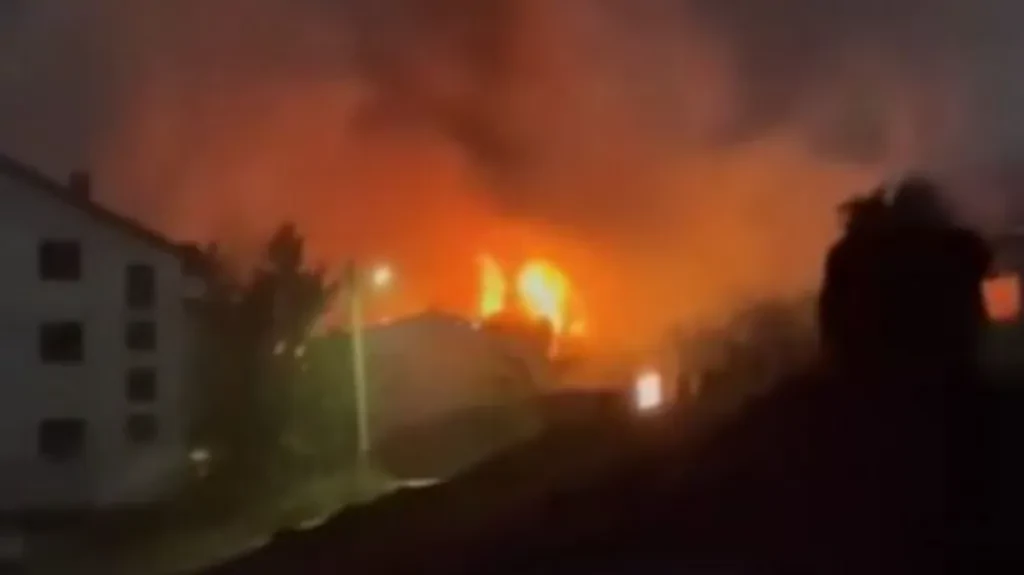
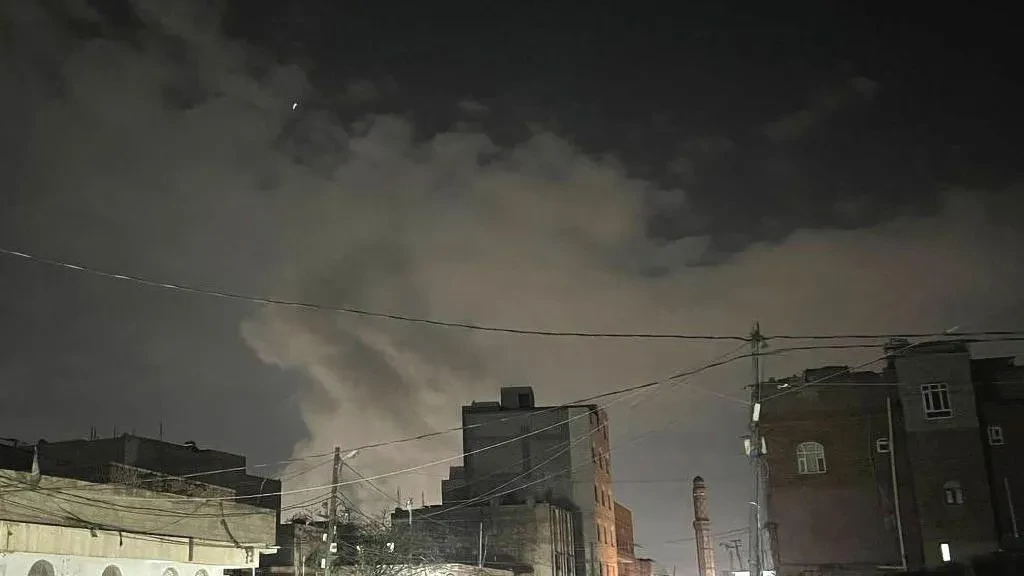
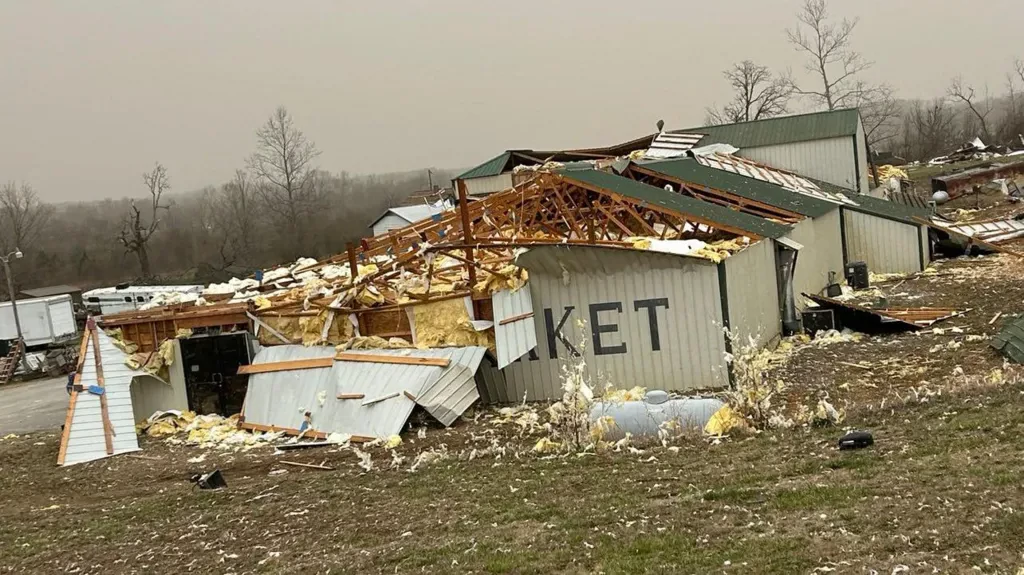
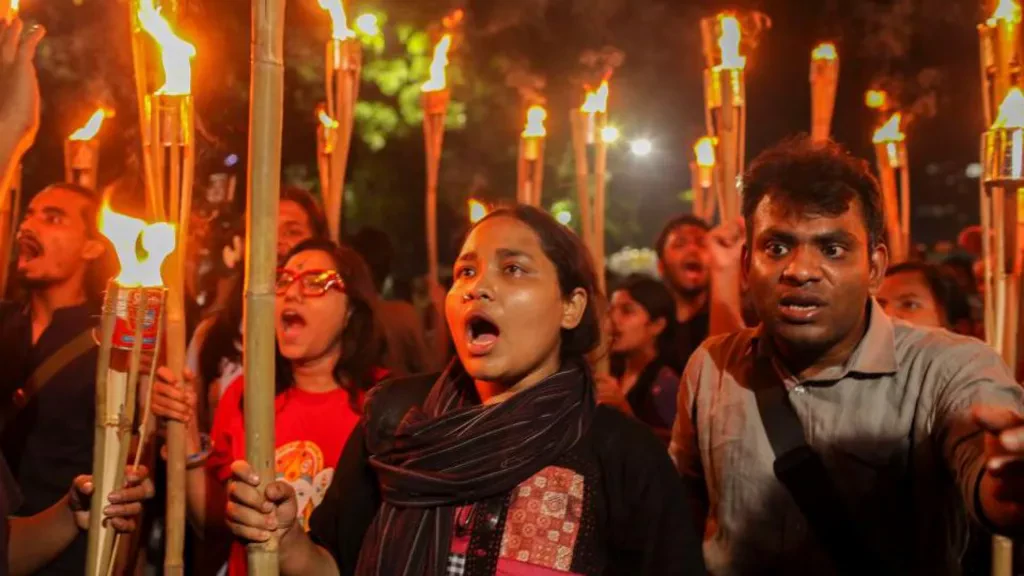

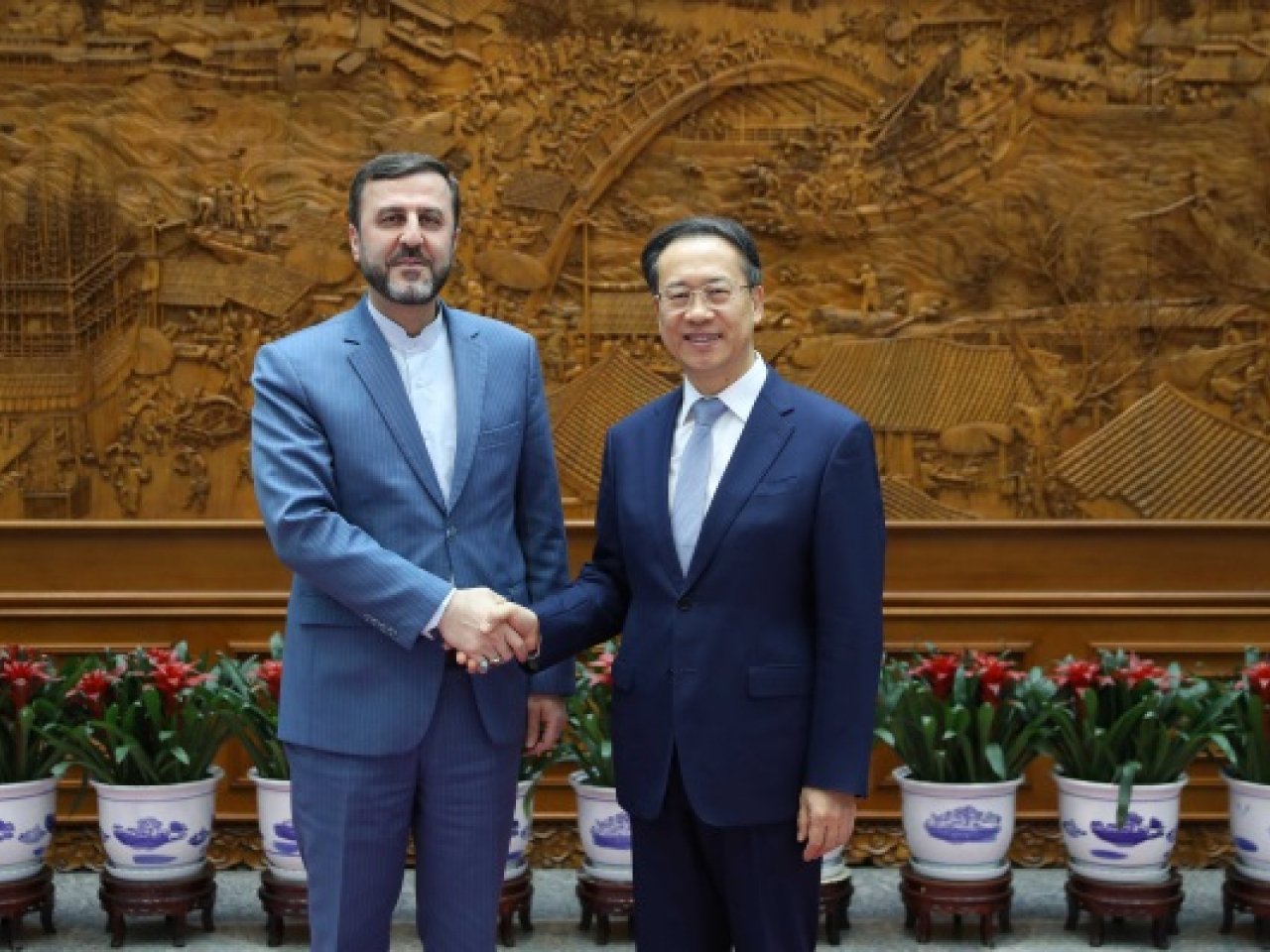
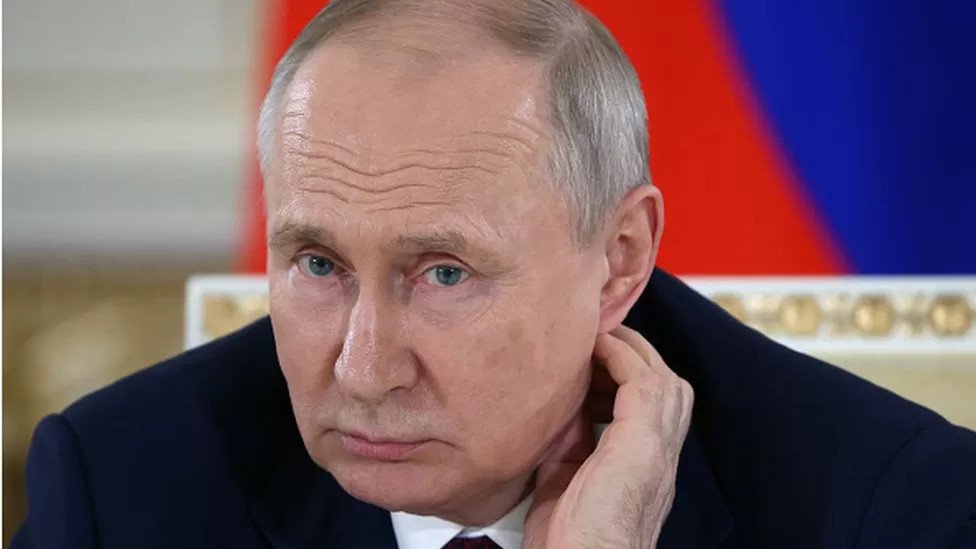
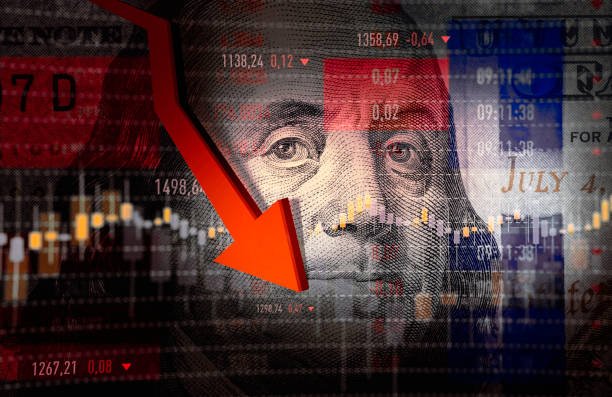
Leave Comment